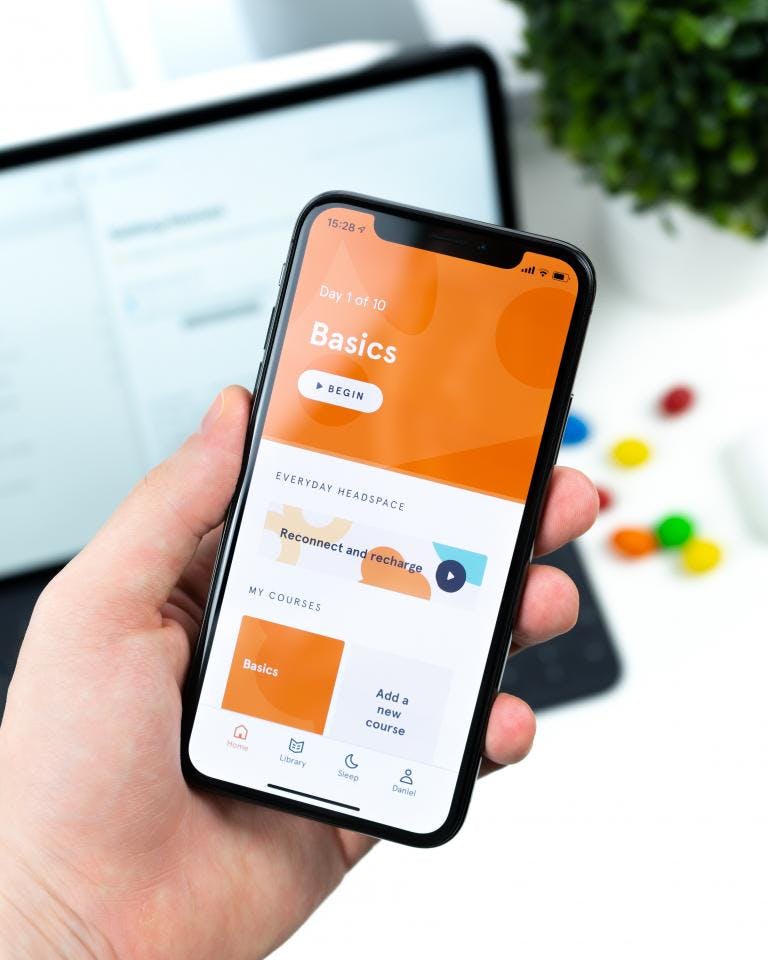First published on Thursday, June 4, 2020
Last updated on Friday, February 21, 2025
Managing emails, keeping up to date with personal situations and communicating with clients are all benefits employees gain from mobile phones in the workplace. However, it can also lead to decreased productivity, inappropriate exchanges and, in the worst cases, accidents and injuries.
With the advancement of technology, a use of mobile phones in the workplace policy is an important tool to improve productivity.
In this guide, we’ll explain what a mobile phone policy is, how to draft one, and the benefits of having one.
What is a Mobile Phone Policy?
A mobile phone policy in the workplace is a set of guidelines regarding the use of cellphones in the workplace. Your employees should be able to read and clearly understand what is expected of them under the policy to ensure compliance.
A mobile phone policy applies to all cellular devices that can be used to download from the internet, make phone calls, access social media, and send text messages. These devices include personal cell phone and tablets.
Can I Ban Mobile Phones at Work?
You as an employer can ban mobile phones from the workplace. Mobile phones can be a workplace distraction which can reduce overall productivity if used inefficiently. In certain industries where operations of vehicles are required, the use of cellphones while driving can lead to serious consequences such as fatal accidents.
Although there may be some drawbacks to using mobile phones in the workplace, mobile phones can be useful. Some examples include:
- Quick access to contacting emergency services.
- Access to information.
- Communicating with other co-workers and staff.
It is important that you regulate them in your workforce effectively.
Why Should I have a Mobile Phone Policy at Work?
A mobile phone policy and procedure can benefit employers that permit employees to use mobile phones. This is because they by regulate when and where they can be used.
The use of mobile phones can be easily distracting and result in workplace injuries, especially for employees that operate dangerous machinery.
Some benefits of having a mobile phone policy include:
- Limiting mobile phone use in the workplace.
- Clear expectations of mobile phone use in the workplace.
- Disciplinary actions for violating the policy.
A mobile phone policy also acts as a preventative and security measure for your company. It can prevent workplace injuries and accidents in certain industries. It also outlines the importance of company information that you do not want to be leaked to the public.
Security breaches can lead to serious problems for your company and should be avoided at all costs. As an employer, it is important to clearly and explicitly explain how employees can properly use cellphones in the workplace. Introducing a mobile phone policy is the best way to accomplish this.
Should I have a Strict or Flexible Mobile Phone Policy?
When implementing your own mobile phone policy, it is important to assess whether the use of mobile phones is an integral part of your company. For example, a route salesperson may find their mobile phone integral to their job duties with communicating with the office and scheduling phone calls with clients. On the other hand, a mobile phone would be distracting for a forklift driver in a warehouse.
To determine whether you should have a strict or flexible mobile phone policy, you may ask yourself the following questions:
- Do we run a company where employees should be advised not to use their phones at work?
- Do we need to prohibit mobile phone use for employees with certain job duties?
- Are there any rules about making calls while at work?
- Are there any restrictions on texting at work?
- When can employees use their mobile phones?
- Can employees use their mobile phones to access social media at work?
- Do we have any existing rules about using mobile phones at work?
How to Draft a Mobile Phone Policy
If you are thinking of implementing a mobile phone policy for your company, here are a few tips that can help you get started:
Purpose
You should explain why you are implementing a mobile phone policy to your employees. You should also mention the consequences of using mobile phones in the workplace such as negatively impacting productivity and the risk of injury (if applicable).
Expectations
Your mobile phone policy should clearly state your expectations of all employees and how they use company provided or personal mobile phones in the workplace. It is important to state acceptable and unacceptable examples of using mobile phones. Some examples of acceptable mobile phone use are:
- Keeping phone calls and text messages to a minimum.
- Using the internet for work-related tasks.
- Communicating with clients or other employees.
On the contrary, some examples of unacceptable mobile phone use are:
- Playing games on mobile phones.
- Texting and driving.
- Using the camera or microphone to record confidential information.
Disciplinary Action
You should explicitly state the consequences and potential disciplinary actions for failing to comply with your mobile phone policy. This can include the progressive discipline procedure stated in your Employee Handbook.
Should I Use the Same Policy for All Employees?
The policy should depend on the type of business and the jobs your employees perform. If you are operating a business where all employees operate heavy machinery, a uniform policy that addresses mobile phones and safety may be appropriate.
Alternatively, if your company also has staff that frequently communicate with clients or other employees, the same uniform mobile phone policy may not be practical.
You should consider having a mobile phone policy that targets different categories of employees in your workforce to state what they can and cannot do with their mobile phones.
Can I Terminate an Employee for Breaching the Policy?
Employers may terminate an employee for breaching a mobile phone policy if the employee put themselves or co-workers at risk of danger.
For example, a commercial truck driver using their mobile phone causes an accident and injures pedestrians and another driver. Other than in extreme circumstances, employers should implement a progressive discipline approach when it comes to breaching a mobile phone policy before turning to termination.
Get Advice on Mobile Phone Policies with BrightHR
Implementing a mobile phone policy can be more difficult than it seems. Especially if you have different employees who are required to perform tasks with or without the use of them.
If you need assistance with developing your own mobile phone policy or enforcing one in your workplace, our BrightAdvice service allows you to receive quality advice on any employment issues you may have.
Contact us on 18882204924 or book a demo today.
Have a question?
Ask away, we’ve got lightning fast answers for Canadian business owners and employers powered by qualified experts.










